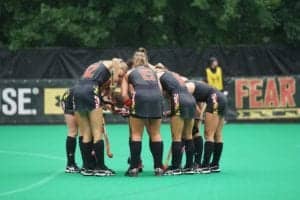
Directing Team Culture
Fundamentally, coaches need to be involved in directing team culture to ensure that the culture surrounding their athletes or program supports the level of performance and behavior that athletes need to succeed.
By visiting our site, you agree to our privacy policy regarding cookies, tracking statistics, etc.

Fundamentally, coaches need to be involved in directing team culture to ensure that the culture surrounding their athletes or program supports the level of performance and behavior that athletes need to succeed.
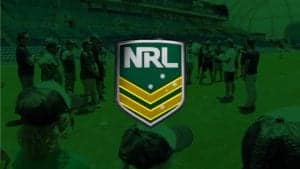
Every team has a culture, some cultures support high-performance while others simply grow around dominant personalities in the team. In this video, Hanson simplifies the dialogue around culture in sport with a succinct definition of the term. He describes what culture looks like, and how to identify it in the sporting context. Together, Hanson and Antoniolli talk about a Coach’s role in guiding team culture. They question whether the team or its individual players’ level of skill and experience has a bearing on team culture. Hanson examines the fundamental components of a successful culture and explains what can happen when a team culture is left to develop on its own.

After a stellar playing career that included 4 consecutive NCAA Tournament appearances, Kristi Stefanoni, Head Coach of the UMass Softball Program, has solidified her position as a stellar coach with another successful year and being rewarded with the title of 2018 Atlantic 10 Coach of the Year.
Strategies that drive the development of team culture are universal and they include establishing a team’s; goals, roles, values and behaviors By Mim Haigh,
Team culture – a definition, an explanation of what it looks like in a sporting context and a guide as to how Coaches can identify
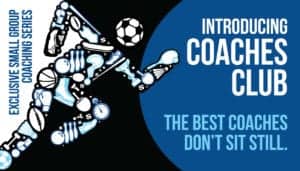
In May 2018, Athlete Assessments launched its exclusive Coaches Club, a masterclass for coaches working in high-performance sport. The series of three 1-hour sessions focus on the most relevant topics in high-performance sport today and most importantly how to address them. With three of the four programs sold out, Athlete Assessments released new dates for Coaches Club #5 that runs in July 2018.
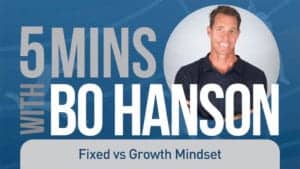
Learn why your team’s skill set is only a starting point by understanding the difference between a fixed and a growth mindset. In this short video Bo explains how a fixed mindset drives the expectation that an athlete can only operate within a predetermined range of abilities, while a growth mindset sees the potential for skill development on a mental and physical level.
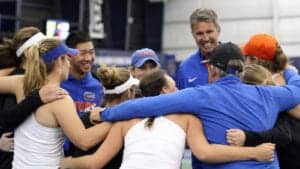
Have you ever wondered what successful Coaches do differently? How they manage to amass title after title and build a team culture athletes want to be part of?
The first thing we noticed with winning Coaches is that they never sit back and become complacent. Instead, the fact that they don’t is what sets them apart from the rest. Winning Coaches are always learning, always striving for the 0.1% and this set them up for success game after game, year after year.
And that’s exactly what University of Florida’s Head Women’s Tennis Coach Roland Thornqvist has done.
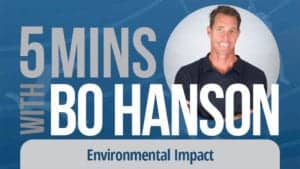
We believe that if you alter the environment, you alter the behavior that emerges from within it, this includes; individual behavior, team dynamics, accountability and trust. As Coaches (and sports administrators), our aim is to create an environment within our sports program or club that promotes and nourishes growth.
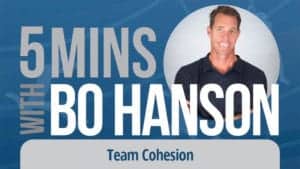
At Athlete Assessments, we believe building relationships and understanding your fellow athletes as individuals helps create social cohesion and ultimately synergy. As a Coach, it is important to create an environment where your athletes can build social connections and high quality relationships in order to enjoy their sport. Building a high level of social cohesion can be the key to creating synergy within your team. So what are you doing to create social cohesion?
At Athlete Assessments, we’re here to provide you with excellence in service and to help you be your best. If there is anything we can assist you with, please Contact Us.
Learn how to master the people side of sport using DISC Profiling...
We specialize in helping our clients create and sustain winning results...
See who we work with and read what they say about us...

One of the benefits of working with many different sporting teams each year is the insight we gain in what really makes the difference for sustained success.
We share our fundamental performance philosophies and some of the key models we use to achieve success – think of it as the how-to on performance.
Bo Hanson’s career within the sport and the business sector spans over 25 years, delivering leadership, management, and coach development. In addition to his own athletic career comprising of four Olympic appearances and including three Olympic medals, Bo has worked for many years with coaches and athletes from over 40 different sports across the globe. Bo was also the winner of the Australian Institute of Training and Development (AITD) 2023 Award for L&D Professional of the Year, for his dedication to L&D and transformational work across various industries.
After a successful career in sport including four Olympics and three Olympic Medals, Bo co-founded and developed Athlete Assessments in 2007. Bo now focuses on working with clients to achieve their own success on and off ‘the field’, and has attained an unmatched track-record in doing exactly this.


Join our upcoming Performance Through People Webinar featuring a panel of special guest experts